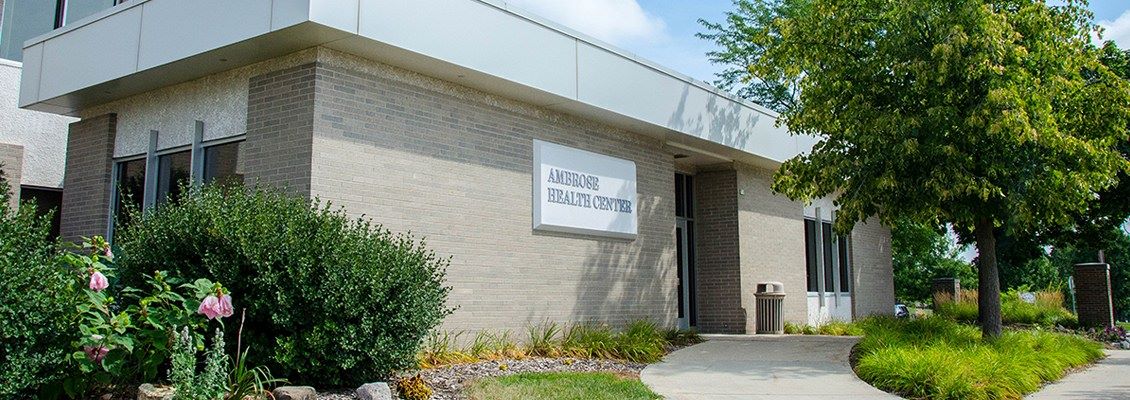Sadness and Depression
Wellness Information
At UHCS:
UHCS provides free, one-on-one counseling sessions to students seeking services for a variety of issues including depression and sadness. We are here to help so do not hesitate to use our services. To make an appointment with a counselor call UHCS at (262) 472-1305 or schedule in person at Ambrose Health Center, second floor between 8am-4:30pm, M-F.
From an Expert at UHCS:
Throughout life, we experience many different changes and transitions. Change is often exciting and scary all at the same time and college is no exception. For most people, being a college student was a purposeful decision and likely anticipated for months, if not years. Despite all the planning that occurs with this change, we don't always know what to expect until it happens. In fact, you may experience feelings of sadness when transitioning to college life. Regardless if you are an incoming freshman, an experienced senior, or a returning student, you are likely experiencing transitions in your life. Adapting to change can bring on sadness regardless if we chose that change or not. There are many reasons people experience sadness and the important thing to remember is sadness is an emotion we all feel at times, and the best thing to do is honor that feeling.
There are a variety of reasons people experience sadness and most of the time sadness is in response to an event, situation or loss. Despite feeling sad, most people's sadness dissipates after a few days and they are able to experience a wide range of other emotions as well. For some people however, sadness is a symptom. Often times, on-going feelings of sadness or emptiness are a sign of depression. When you have depression, it impacts all areas of your life and sadness often feels pervasive and difficult to overcome.
Depression lasts longer than a day or a few days. From a clinical perspective, depressive symptoms must be present "most of the day, nearly every day" for at least two weeks. Symptoms of depression include: sadness or emptiness, decreased interest in things you use to enjoy, changes in eating habits, changes in sleeping habits, loss of energy, feeling worthless or guilty, difficulty concentrating and thinking a lot about death or suicide. It is important for you to contact UHCS if you have any of these symptoms or concerns you can be evaluated for depression. Depression is a treatable condition and too often people don't recognize they have it. Meeting with a counselor will help you better understand your symptoms and learn healthy ways to cope with them.
- Natalie Pitroski, LPC, SAC
More Information:
http://www.nimh.nih.gov/health/topics/depression/index.shtml
http://www.ulifeline.org/uww/topics/128-depression
Updated 09/14/12
Disclaimer
All information on this website is written by UHCS professional staff unless otherwise noted. No data is collected on visitors to this site. Financial Support for this web site is provided by University Health & Counseling Service, Division of Student Affairs, University of Wisconsin-Whitewater. This web site does not accept advertising.
This site is not meant to replace the advice of a health care or counseling professional. You should not rely on any information on these pages, or information generated for you by this site, to replace consultations with qualified professionals regarding your own specific situation. Some links take you to a source outside of UHCS. The owners of that site, not UHCS, are responsible for the content.



